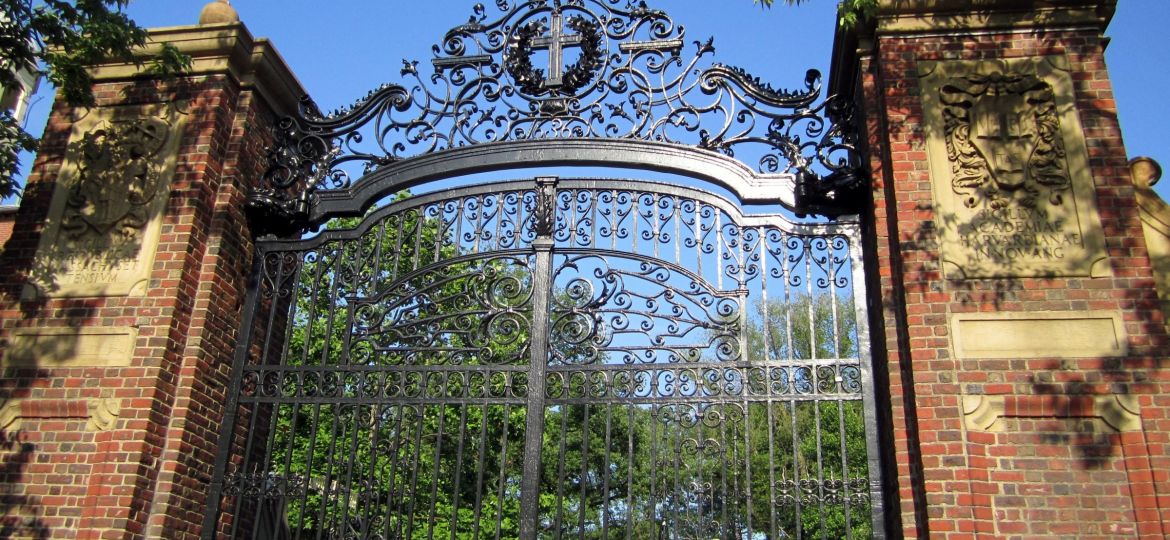
Out of all the factors that determine a student’s college and career trajectory, I believe that affluence should be the least considered. College acceptances should be based on academic, extracurricular and personal merit rather than socioeconomic status.
Unfortunately, that is far from the case currently, especially when considering those that get accepted to the nation’s elite colleges and universities. Statistics show that at elite colleges such as the Ivies, there are roughly two students from the top fifth percent of the income distribution (families making more than $200,000 annually) for every one student from the bottom half of the income distribution. I don’t think I’m the only one who finds that statistic a bit concerning.
In a nation where acceptance to an elite university such as an Ivy League is considered a golden ticket to a life of success and privilege, this statistic should be unsettling to all of us as Americans. Central to the American Dream is the idea that anyone has the potential to move up the social ladder, but this belief seems to be becoming more of a collective delusion than a dream.
The fact that most qualified candidates to Ivy league schools appear to be from affluent families does not likely reflect a discrepancy in the aptitude of privileged and less-privileged students, but rather in information, guidance and resources that aid in the college application process.
As many of us can surely attest, the college admissions process has many difficulties, and few could do it easily without outside assistance and resources. Blessed with more resources, it makes sense that students from affluent families would have an advantage in navigating the treacherous collegiate waters than their less privileged peers.
However, there is good news: the institutions themselves have recognized this disparity and developed a possible remedy. Eighty of the nation’s top colleges and universities (including St. Olaf College), recently announced the formation of the “Coalition for Access, Affordability, and Success,” a ground breaking platform that seeks to streamline the college admissions process and to ultimately level the playing field between the students who have ample resources throughout the college admissions process, and those who do not.
The coalition, which includes all eight Ivy League universities, will provide information, guidance and tools for students in order to help them best position themselves for the admissions process, beginning at the start of their high school careers.
One of the strengths of this approach lies in its attempts to intervene early enough so that the playing field can be truly level. In a world where those with the means will hire private college admissions “consultants” it is patently clear that those who are less privileged are at a disadvantage and quite a bit must be done to bridge that gap.
When the program is fully implemented in Jan. 2016, I am optimistic that this new approach will give more opportunities to students from diverse backgrounds to receive the top-level college education they deserve. This is a noble cause, for as long as the affluent canbuy academic success, the American dream of social mobility will continue to fall by the wayside.
Owen Sandercox ’19 (sander2@stolaf.edu) is from Newtown, Conn. He majors in economics and statistics.

